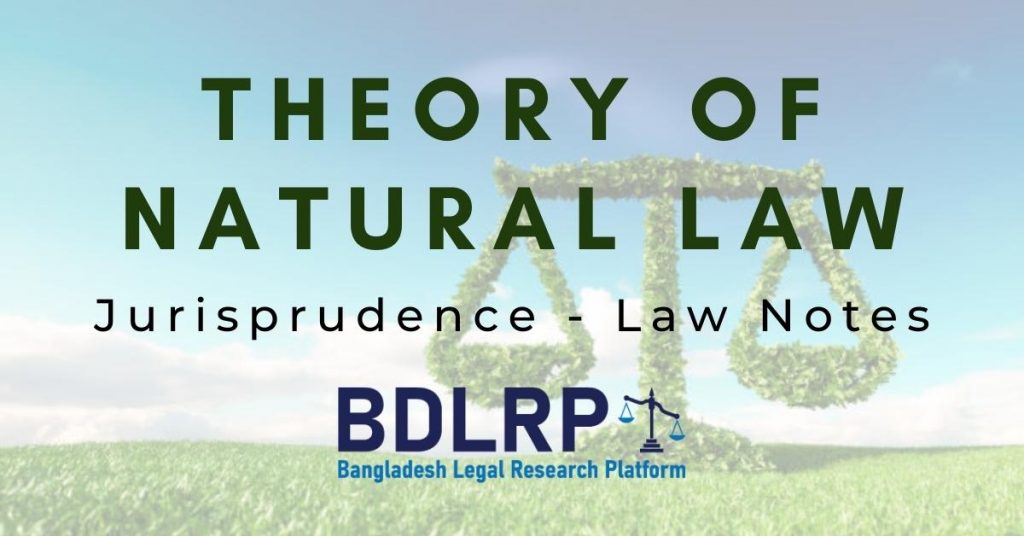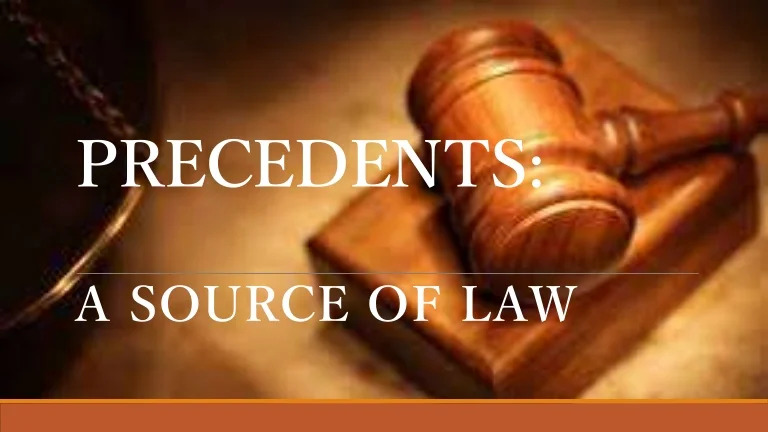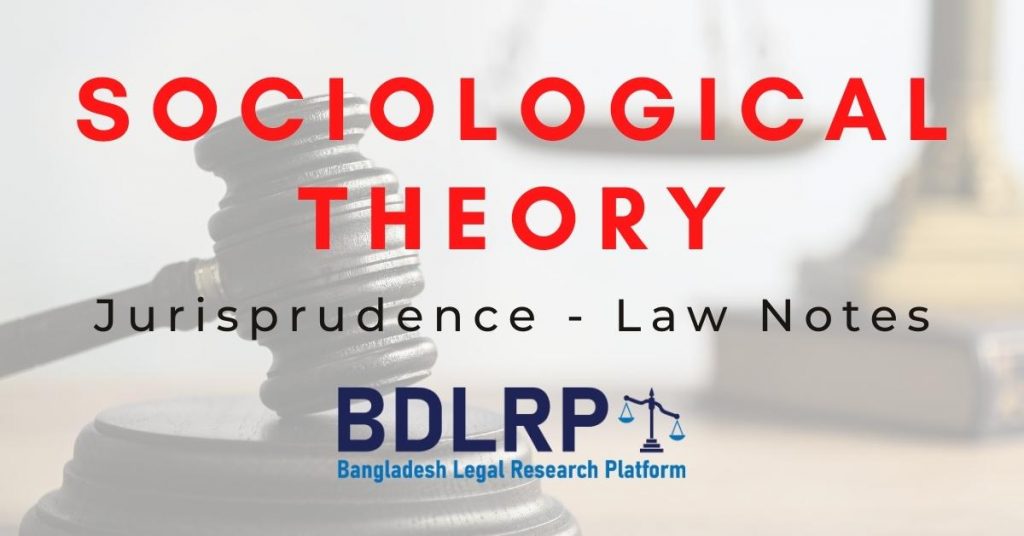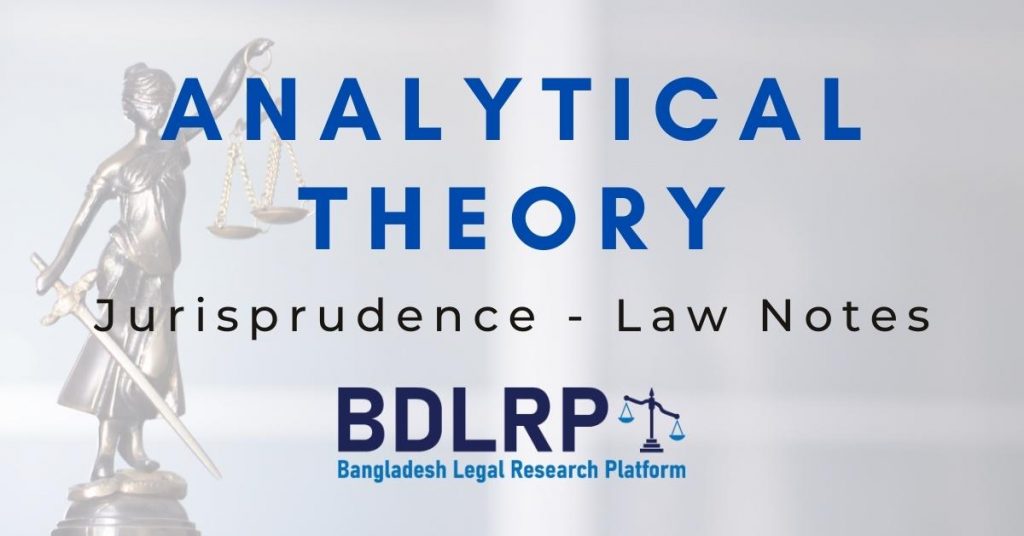Introduction:
Natural law theory may be compared to Both state of nature law and general law understood on the basis of Being analogous to the laws of physical science. Natural law is a philosophy of law that Force on the law of nature. This school of jurisprudence represents the belief that they are inherent laws that is common to all societies. Natural law is also known as divine law, the law of God, law of reason, law of nature, universal Law and unwritten law. The strong natural law thesis holds that if a human law fails to be in response to compelling reasons, then it is not properly a “law” at all. This is captured, imperfectly, in the famous maxim : an unjust law is no law at all.
What Is Natural Law?
Natural law is the moral theory of jurisprudence and often states that laws should be on the basis of ethics and moral. This law also states that law should focus on what is correct. In addition natural law was found by humans on their disposition of reasoning and choosing between good and bad.
Natural law is a theory in ethics and philosophy that says that human beings possess intrinsic values that govern their reasoning and behaviour.
Key Takeaways:
1. The theory of natural law says that humans possess an intrinsic sense of right and wrong that governs our reasoning and behavior.
2. The concepts of natural law are ancient, stemming from the times of Plato and Aristotle.
3. Examples of natural laws exist in several fields from philosophy to economics.
Natural Law vs. Positive Law
The theory of natural law believes that our civil laws should be based on morality, ethics, and what is inherently correct. This is in contrast to what is called “positive law” or “man-made law,” which is defined by statute and common law and may or may not reflect the natural law.
Examples of positive law:
Include rules such as the speed that individuals are allowed to drive on the highway and the age that individuals can legally purchase alcohol. Ideally, when drafting positive laws, governing bodies would base them on their sense of natural law.
“Natural laws” are inherent in us as human beings. “Positive laws” are created by us in the context of society.
Examples of Natural Law:
Examples of natural law abound, but philosophers and theologians throughout history have differed in their interpretations of this doctrine. Theoretically, the precepts of natural law should be constant throughout time and across the globe because natural law is based on human nature, not on culture or customs.
Examples of Natural Law in Philosophy and Religion:
Aristotle is considered by many to be the father of natural law—argued that what is “just by nature” is not always the same as what is “just by law.” Aristotle believed that there is a natural justice that is valid everywhere with the same force; that this natural justice is positive, and does not exist by “people thinking this or that.”
For Thomas Aquinas , natural law and religion were inextricably connected. He believed that natural law “participates” in the divine “eternal” law. Aquinas thought eternal law to be that rational plan by which all creation is ordered, and natural law is the way that human beings participate in the eternal law. He further posited that the fundamental principle of natural law is that we should do good and avoid evil.
The author C.S. Lewis explained it this way: “According to the religious view, [what is] behind the universe is more like a mind, that is to say, a conscious, that prefers one thing to another. There must be ‘something’ which is directing the universe, and which appears to me as a law urging me to do right.”
Examples of Natural Law In Economics :
Because natural law as an ethical theory can be understood to be an extension of scientific and rational inquiry into how the world works, the laws of economics can be understood as natural laws of how economies “should” operate. Moreover, to the extent that economic analysis is used to prescribe (or proscribe) public policy or how businesses ought to conduct themselves, the practice of applied economics must rely at least implicitly on some ethical assumptions.
Early economists of the medieval period, including the aforementioned Aquinas as well as the Scholastic monks of the School of Salamanca, heavily emphasized natural law as an aspect of economics in their theories of the just price of economic goods.
How does natural law affect business?
Natural law affects businesses from an ethics standpoint, whereby they a firm should not defraud its customers or other stakeholders. For instance, the marketing of drugs should be made with full disclosure of potential harms and not be sold as “snake oil.
What are some flaws in natural law theory?
Since natural law assumes universalizing rules, it does not account for the fact that different people or different cultures may view the world differently. For instance, if people interpret differently what it means for something to be fair or just, the results will differ.
Problem for natural law:
1. One of the difficulties for natural law theory is that people have interpreted nature differently? Should this be the case if as asserted by natural law theory, the moral law of human nature is knowable by natural human reason?
2. Even if we have certain natural propensities, are we justified in claiming that those propensities or tendencies should be developed? On what grounds do we justify, for example, that we ought to choose the good?
3. It is doubtful that one can infer moral principles forbidding adultery, rape, homosexuality, and so forth, either from biological facts about human nature or from facts about the inherent nature of Homo sapiens.
4. Critics of natural law theory say that it is doubtful, however, that the inherent nature of Homo sapiens establishes laws of behavior for human beings in the same way as it may establish laws of behavior for cats, lions, and polar bears. It is especially difficult because so much of human behavior is shaped by the environment, that is, by deliberate and nondeliberate conditioning, training, and education.
5. Two philosophers (Aquinas and Aristotle) integral to the theory have different views about god’s role in nature, which confuses the issue, especially when trying to decipher if the theory relies on the existence of god.
6. The intrinsic nature of humans as it pertains to establishing laws of behavior may not be the same for animals, which presents difficulties within the theory.
7. Human behavior may be solely reliant upon the environment that one is exposed to, which includes social classes, education and upbringing, this opposes the theory.
Conclusion:
An exclusive study of the theories of Natural Law reveals one thing that the concept of Natural Law has changed from time to time. It has been used to support almost every ideology whether it is absolutism or individualism. It has also inspired various revolutions, natural law has also influenced greatly the development of positive law. A study of law would be incomplete if it fails to meet the ends of it, Natural Law theories focused on to achieve the ends of the law. Therefore it could said that Natural law principles have been embodied in the legal system of almost every country.
Author: Md. Saidur Rahman
Department of Law and Land Administration,
Patuakhali Science and Technology University (PSTU).





Comments are closed.